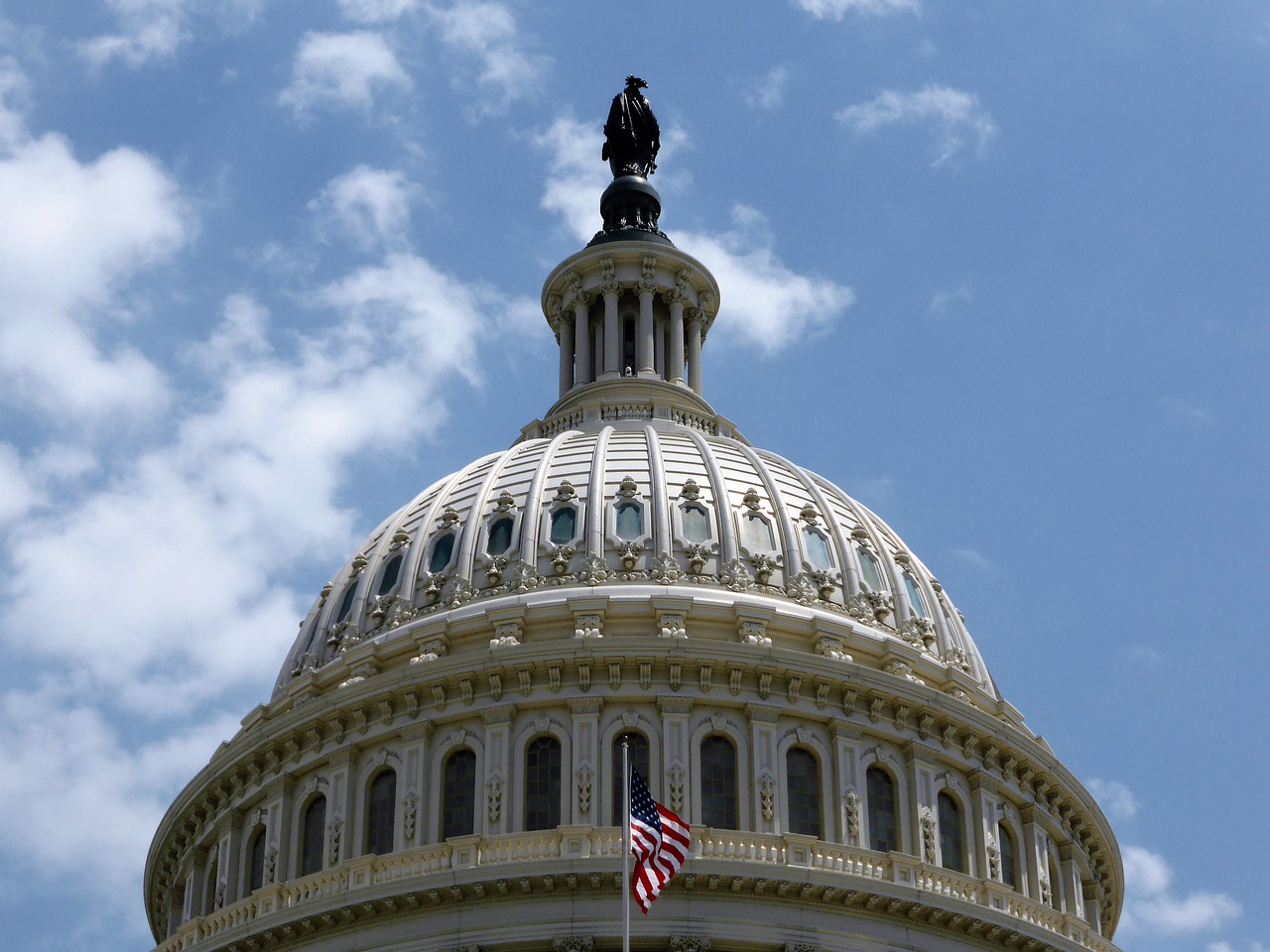Libertarian Socialists Organize Online Within the Libertarian Party
The Libertarian Party is considered the largest third party in the contemporary United States. With more than 500,000 registered members and more than 170 people elected to various state and local political offices nationwide, this pro-capitalist, pro-freedom, liberty-oriented political party is a relatively big tent party that is mostly fiscally conservative or laissez-faire on economic issues and socially liberal on sociocultural issues as well as civil rights and liberties. Since its formation in 1971, the Libertarians have run notable candidates in recent years including conservative mega-donor David Koch in 1980 and former Republican New Mexico Governor Gary Johnson twice in 2012 and 2o16. Various caucuses within the political party exist online, especially on Facebook and Twitter, such as the secular caucus, the pro-life caucus, and an LGBTQIA+ caucus.
One caucus seems to stand out as a complete opposite within a staunch pro-free markets party.
The Libertarian-Socialist caucus is considered the only left-wing to far-left grouping within the political party. While the caucus, like a traditional libertarian group, advocates for freedom and liberty from the state, they also are in favor of some major form of freedom and liberty from the current capitalist system.
“Markets set free of coercive institutions are by definition plural markets, meaning workplaces can be top-down or horizontal,” said Mike Shipley, member, and representative of the caucus. “The Libertarian Party platform currently affirms cooperatives as a voluntary method of organizing the workplace, and the original Statement of Principles as adopted at the party’s founding was amended in a debate to strike the word “laissez-faire capitalism” and replace it with the term “free markets” specifically to eliminate a right-wing economic dog whistle.”
The purpose of the caucus, according to Shipley, is to construct a foundation that already exists within the political party in for left-libertarian opinions and thoughts to be expressed as well as having influence over electoral strategies and public policy.
Many of these caucus members, who are also members of various organizations such as the Democratic Socialists of America and the Industrial Workers of the World, have found a home in the Libertarian Party due to their emphasis on freedom compared to other traditionally left-wing parties such as the Democrats and the Greens who often advocate for statist solutions.
“Libertarian socialists reject coercive institutions as inherently unjust,” Shipley reported to CMN. “This makes left-libertarianism a natural fit with the Libertarian Party, which has an explicitly non-aggressionist platform. There are libertarian socialist caucuses in several other parties, but every other political party in America has put forward an aggressionist platform that shocks the conscience of anyone truly committed to a world set free.”
The caucus’ platform provides a combination of both traditional libertarian voluntarism and anti-capitalist socialism. Policies that they advocate for include a universal healthcare system that is free from private and public sector control, self-determination for U.S. territories in the Caribbean and Pacific Oceania, abolition of prisons with a focus on restorative justice, allowing euthanasia and assisted suicide for the terminally ill, permitting prostitution and all other forms of sex work, drug and alcohol substance legalization, decentralized workplace and labor union democratization, global demilitarization, and the eventual abolition of work as well as the creation of a universal basic income.
Caucus groups such as the Libertarian Socialist Caucus are starting to prove that ideological diversity is getting off the ground in political parties that have minimal to no representation nationwide in order to attract various potential members with multiple perspectives. Whether or not they succeed in transitioning the Libertarians’ policies from pro-capitalist to anti-capitalist, the caucus itself reflects a gradual rise in radical progressive politics among the population, especially from today’s younger populations particularly impacted by terrorism, economic crises, and climate change.




